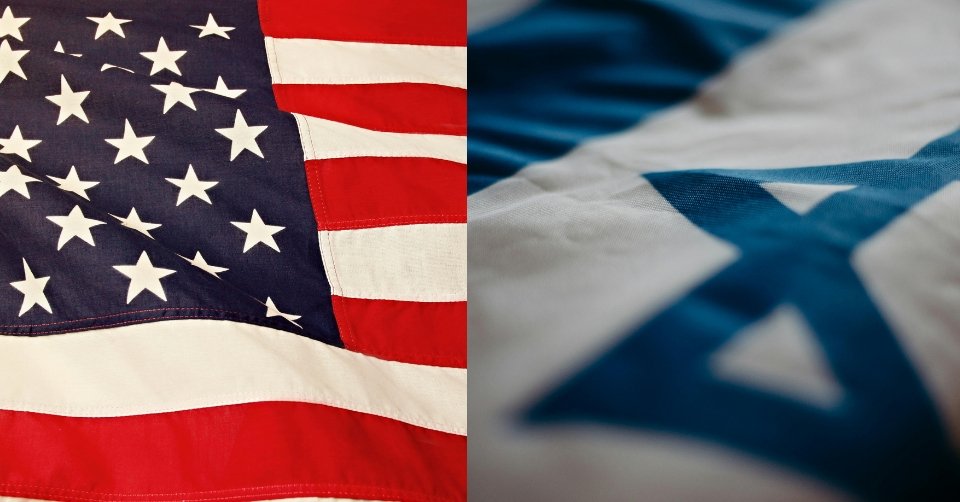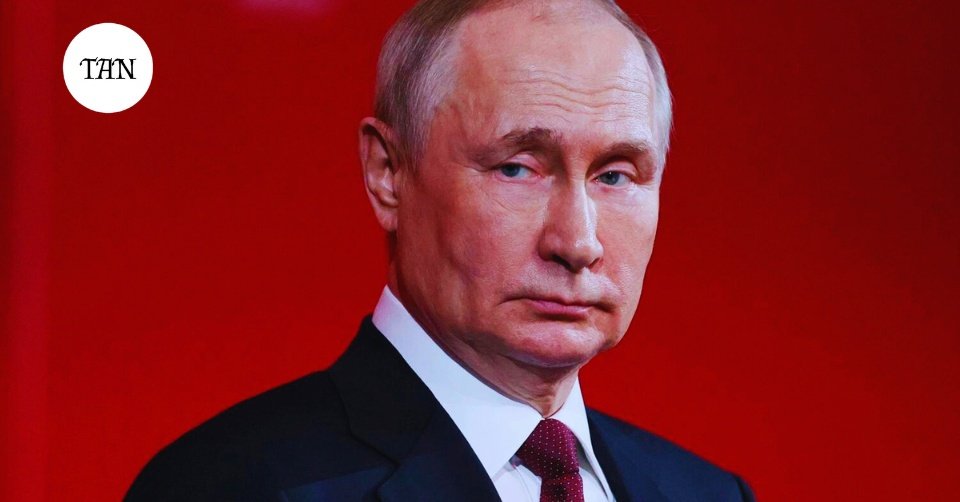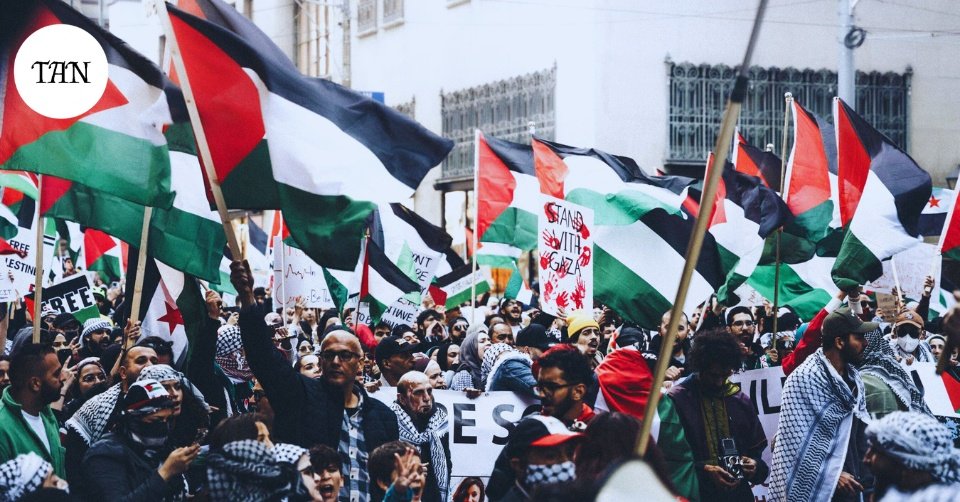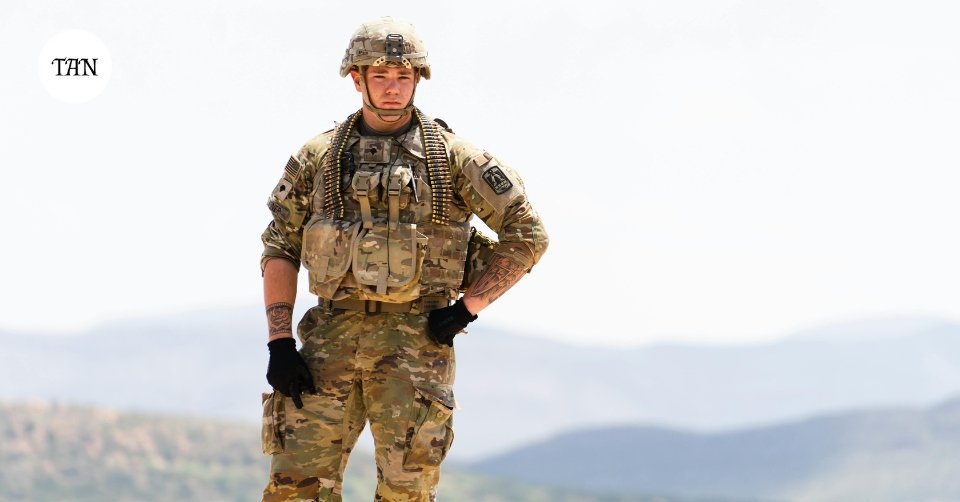Drawing much controversy and making a drastic decision, the United Nations has placed Israel in the list of nations violating children in conflicts. This list is revised annually and it is among the strategies that are used by the UN in the documentation and policy making on child rights abuses in situations of armed conflict. The existence of Israel creates an introductory awareness in the ongoing controversies as to the effect of armed forces on civilians especially the children.
The UN List and Its Consequences Following Israel’s Addition
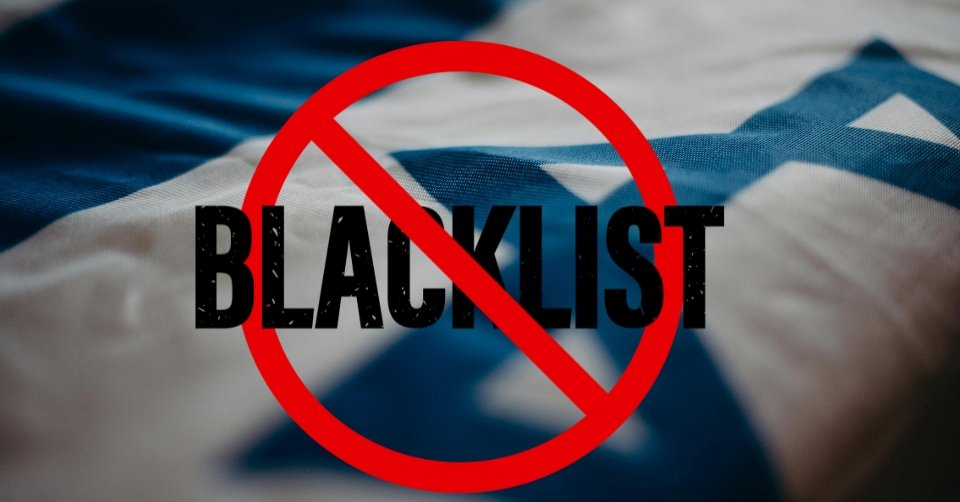
The list of shame of the United Nations present the countries and armed groups that they have a record of committing abuses against children, which include killing and maiming, recruitments as well as utilization of children, sexual violence, abduction, attacks on schools and/or molestations of patients in hospitals, and even denial of humanitarian access. The presence of Israel means that the UN has solid grounds pointing to such violations with reference to the situation in the course of military actions led by Israel.
Thus, Israel joining this list is likely to attract more focus on its actions from the rest of the world and consequently more criticism. It links Israel to countries that have come under a lot of condemnation for their action towards children in conflict, like Syria, Yemen and Afghanistan. The information presented by the UN is from different reports by non-governmental organizations, reports from the UN agencies, and from media reports regarding the loss of civilians and children in the occupied Palestinian territories due to military operations.
Background and Context
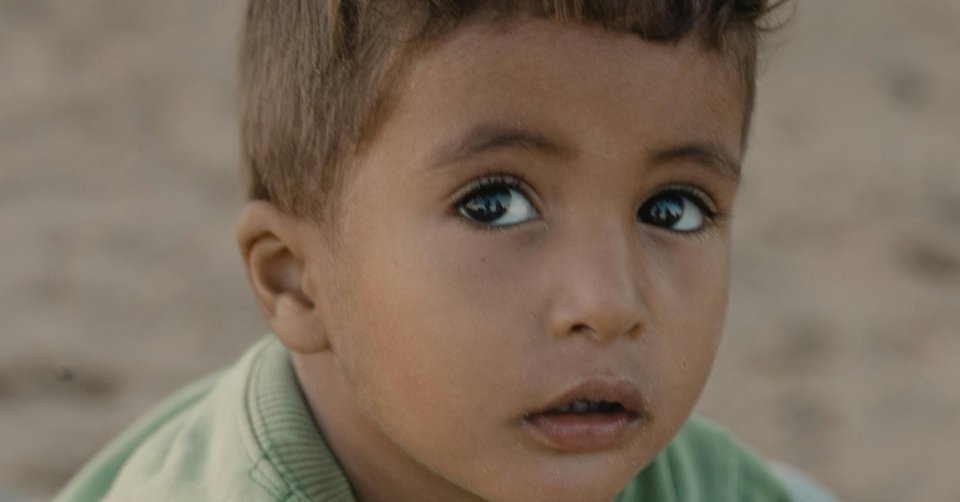
The conflict between Israelis and Palestinians is one of the most chronicified ones to involve frequent acts of violence, and children have historically been some of the biggest sufferers. In its report and as evidenced from the footage aired on various television stations, it is apparent that Israeli military incursion into Gaza and the West Bank has claimed the lives of many children. Annex 3 – Operating Under Fire: The Human Impact of Coalition Forces on Civilians in Afghanistan, Iraq, and Lebanon For the UN to place Israel on this list demonstrates the ongoing debate with respect to such operations and the disproportionate effects on children.
This paper argued that one of the most recent events that preceded Israel’s inclusion into such list was the escalation of operations in Gaza in the recent past; mass killings and attempts to launch ground operations saw many children fall victim to the prevailing Israeli military attacks. Notably, there have been horrifying accounts of attacks being launched on schools and hospitals, so distressing to any observer. The UN has pointed out to these cases as clear examples of aggression which should entitle Israel to become a member of the list.
International Reactions
As a result of UN’s decision, various reactions have been elicited from the members of the international system. Other bodies such as human right NGOs have applauded the move saying that it will help focus attention to kids involved in the conflict. Such hopes are that through such inclusion, there will be pressure on Israel to undertake measures that have a bearing to the protection of children as well as the minimization of the effect of military operation to the civilian populace.
Nevertheless, the decision has been received with considerable controversies also. In turn, the current government of Israel hasrespondedfiercely to the UN’s decision stating that this action is politically motivated and does not in any way depict the facts in the region. Israel claims that the operations are defensive in nature and huge efforts are made to avoid any deliberate targeting of civilians, much less children. Israeli authorities have also blamed Palestinian movements that they accuse of using children as part of their shields and carrying out operations from populated areas hence exposing kids to danger.
None of the Big Powers was happy with the situation and the United States of America, a friend of Israel, was disappointed with the organization too. The arguments of the U. S. Officials have been in tandem with those of Israel – the proposal violates the equality principle and disregards the fact that the occupier is a state, and the occupied territories belong to a state.
The Broader Impact
It can thus be expected that Israel joining the list of UN member states will have wider implications for regional and international relations, as well as for the politics of the Israeli-Palestinian conflict. It may determine future negotiation with the state and / or affect the relations between Israel state and other states and other international organizations. The decision also … highlights the vulnerability of children in armed conflicts and the obligation of both Government forces and those ‘fighting’ them to observe the principles of the international humanitarian law.
This decision by the UN is showing that the global society is still worried about the suffers that armed conflicts bring to children. It should be an eye opener for all the involved parties in conflict and all parties concerned ought to uphold the interest of children who are always affected by the consequences of conflicts and any bad events that may result in the deaths of so many people.
For more on international military support and reactions, see our article on France’s Military Support to Ukraine: Legitimacy and International Reactions.
